The global low carbon transition will redefine Northern Ireland’s economy – and our future international trading position. From regional infrastructure projects to the fabric of our homes, that transition creates a huge opportunity for Northern Ireland to lead on the international stage in cutting emissions while driving growth and creating new jobs.
This creates an enormous opportunity for our cities, local businesses, and the NI Executive to maximise the advantages from the global shift to clean growth through to the development, manufacture and use of low carbon technologies, systems and services that cost less than high carbon alternatives. All important as Northern Ireland sits within a much wider international marketplace.
The questions NI businesses may want to ask themselves are what are the international megatrends affecting our business? How can we make our supply chain more resilient by choosing a more sustainable path? How can we reuse or redesign our products and services to ensure that the demand for these remains? How can we ensure our supply chain is sustainable?
Naturally, larger businesses must prioritise sustainable practices within their own organisation and throughout the supply chain. Failure to do so could leave them languishing behind the competition. However, it’s just as significant for the Northern Ireland’s SME community, which makes up 99.9% of our business population, to play its part. Not least of all to ensure they remain competitive and profitable in the future.
Across various sectors, smaller businesses are adopting the circular economy business model. This movement away from the traditional linear approach and towards repairing, recycling, refurbishing, and reusing can save SMEs a great deal of capital, as well as being more environmentally friendly. Reducing energy usage (such as making the switch from brown to green energy supply) also enables small businesses to operate leanly and reinvest into other departments of the business.
Meeting that ambition will require unprecedented levels of public and private sector investment. Green finance – investment in environmental technology, infrastructure, services, and jobs. We need direct access to the investment our economy needs, and the chance to seize the economic opportunities that it offers – if we are to meet our carbon budgets and related environmental and resilience goals and maximise Northern Ireland’s share of the global green finance market.
It is encouraging to see a growing number of Northern Ireland lenders (particularly local banks) are joining our Green Finance Marketplace, which indicates the general direction that the market is headed in. The appetite among business finance lenders to fund green businesses or projects is increasing every day, whether it is green bonds or to fund the switch to an electric vehicle fleet or installing solar panels on the roof of business premises.
Business leaders must view environmental initiatives as both a method of investing in the future of their own enterprises and that of the planet. In the coming years, the most successful companies will be those that put their head above the parapet, taking immediate and proactive steps today to become more sustainable.
To support this, local SMEs need to be provided with choice and competition when it comes to funding this journey towards net zero. Similarly, lenders need to be offered the opportunity to engage with these businesses directly and power the move to a more sustainable future. Enabling these smaller businesses to build the right industry relationships and get access to the appropriate funding will be crucial to shifting the dial on climate change in Northern Ireland.
What could we expect to see more of from Northern Ireland lenders, over the next few years?
An early local trend emerging is small business customers taking advantage of ‘green loans’, to fund sustainable projects and green energy.
We have also seen increased investment in environmental entrepreneurs, new start-up environmentally focused companies and existing environmentally friendly companies, with additional support provided to turn their innovative, sustainable ideas into a reality.
The increase in new eco-product ranges – will increase – from both an investment banking and corporate banking perspective, to develop and push products such as green innovation loans, green asset finance and green trade loans.
A further trend may be the active increase in the proportion of green finance across portfolios, with lenders investing in Northern Ireland innovative solutions and ideas that accelerate the way to a net zero carbon future with investment and financing focusing on sustainable transport, energy efficiency and renewable resources
The private sector and cities can’t deliver the transition towards a sustainable Northern Ireland economy alone. To maximise the full economic, social, and environmental benefits of a sustainable economy for all – we need targeted (and meaningful) government and local council policy that supports and encourages eco-business, entrepreneurialism, and the creation of new jobs.
The NI Executive, departments, our cities, and the private sector need to work together to maximise Northern Ireland’s role in mobilising both sustainable transition and the green finance we need to grow our economy. Northern Ireland’s opportunity is raising the level of green finance business awareness, supporting access to clear data and information, and promotion of a solid policy role for NI Executive (and departments) to ensure that all businesses can access green business growth (including finance) and can fund their activities in a sustainable manner effectively.
Dr. Ken BISHOP
Linen Quarter BID

